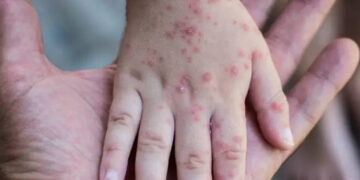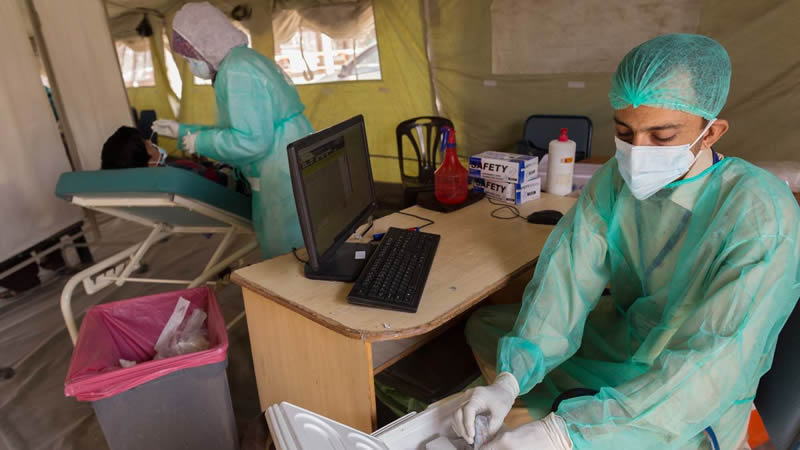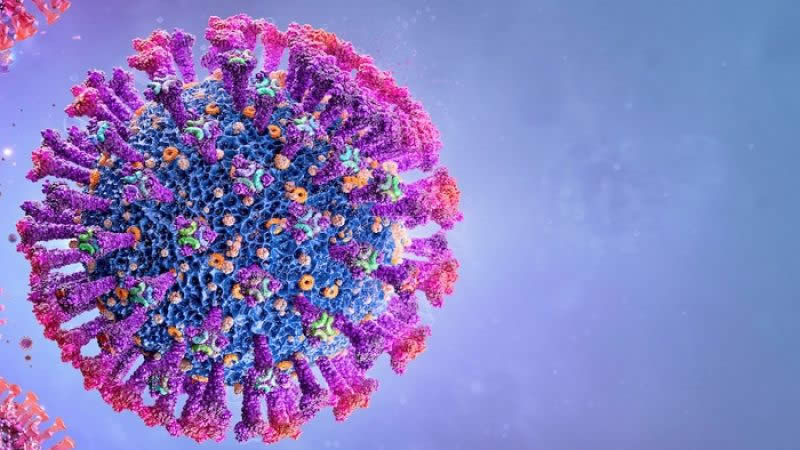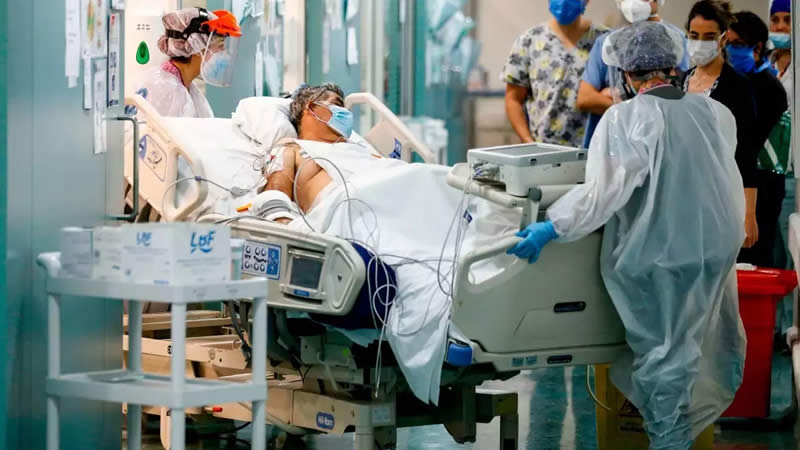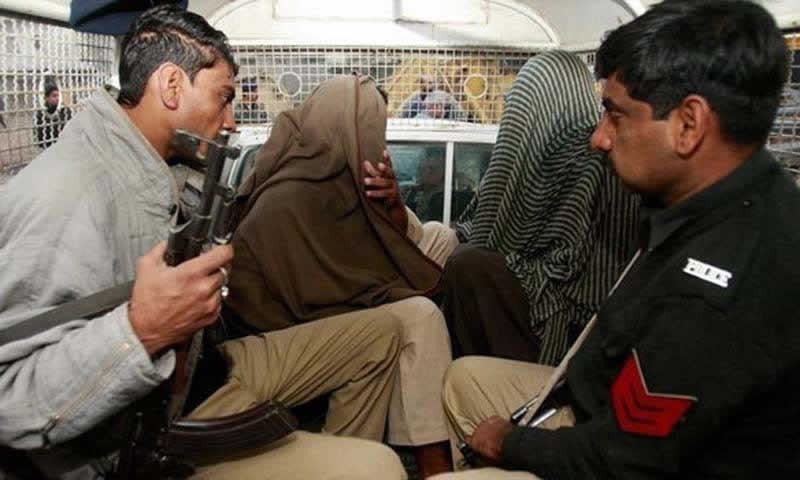The World Health Organisation sees the outbreak of the new coronavirus as a pandemic, Director General Tedros Adhanom Ghebreyesus said on Wednesday.
“We are deeply concerned both by the alarming levels of spread and severity and by the alarming levels of inaction. We have therefore made the assessment that COVID-19 can be characterised as a pandemic,” he told a news conference.
Four countries account for 93% of the nearly 110,000 cases worldwide, Tedros said. “We are encouraged that Italy is taking aggressive measures to contain its epidemic and we hope that those measures prove effective in the coming days,” he added.
The coronavirus, which emerged in China in December, has spread around the world, halting industry, bringing flights to a standstill, closing schools and forcing the postponement of sporting events and concerts.
The WHO declared a public health emergency of international concern, its “highest level of alarm”, on Jan. 30 when there were fewer than 100 cases of COVID-19 outside China and eight cases of human-to-human transmission of the disease.
Now there are more than 118,000 cases in 114 countries and 4,291 people have died, Tedros said, with the numbers expected to climb.
The WHO no longer has a category for declaring a pandemic, except for influenza.
WHO officials have signaled for weeks that they may use the word “pandemic” as a descriptive term but stressed that it does not carry legal significance. The novel coronavirus is not the flu.
Under its previous system, the Geneva-based agency declared the 2009 H1N1 swine flu outbreak a pandemic. It turned out to be mild, leading to some criticism after pharmaceutical companies rushed development of vaccines and drugs.
What is a ‘pandemic’?
The term ‘pandemic’ is referred to a disease that is spreading in multiple countries around the world at the same time. However, the pandemics have nothing to do with the severity of a disease but with its geographical spread.
When a disease is declared a pandemic, it eventually leads to a community spread. Therefore, governments and health systems need to ensure they are swotted to fight the health emergency.



